Crisis-hit Scottish health board announces reparations scheme to atone for historical links to slave trade – and will make formal apology to people of African descent and sign agreement to improve health in Jamaica
- Lothian’s Royal Infirmary of Edinburgh gained from almost £40m from slavery
A crisis-hit health board has announced a reparations scheme to atone for its historical links to the slave trade.
NHS Lothian’s Royal Infirmary of Edinburgh (RIE) benefited from the modern equivalent of almost £40million from slavery through ownership of a Caribbean plantation in the 18th century.
Now health chiefs will embark on measures including a public apology, commissioning artworks and educating staff on the links.
The work is being led and funded by the NHS Lothian Charity and will not involve direct financial donations being made as part of the reparations.
But there are budget concerns as the NHS faces winter already stretched beyond capacity.
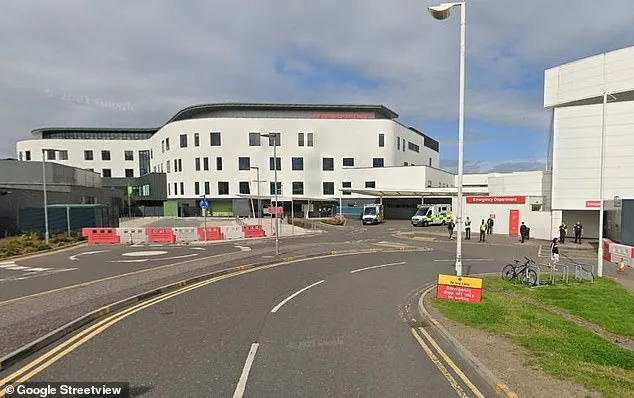
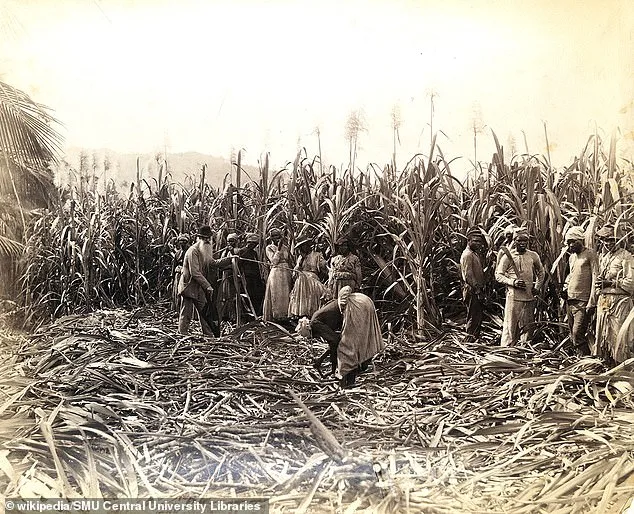
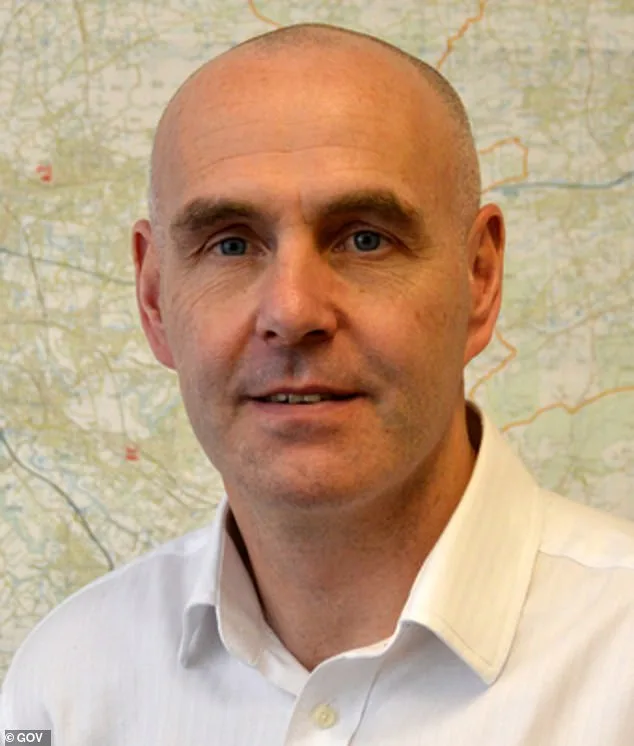
It comes just months after inspectors said they had ‘serious concerns’ about patient safety at the RIE.
The hospital was running at more than capacity and on occasions the accident and emergency unit had three times as many patients as it was designed to handle, according to Health Improvement Scotland.
Research backed by the health board found that the RIE had been left the Red Hill Penn estate in Jamaica in 1750 in the will of a surgeon, Archibald Kerr.
The bequest included 39 slaves and the report said that over the next 143 years generations of enslaved people would have provided ‘a considerable amount of wealth for the infirmary’ in rental income.
Research has also identified donations that the hospital received from individuals who profited from slavery. The hospital used the money to buy medicines, construct a building, employ staff and heal Edinburgh’s ‘sick poor’.
The reparations will include making a formal apology to people of African descent, commissioning artwork dedicated to victims of slavery and signing an agreement aimed at improving health in modern-day Jamaica.
An advisory group set up by NHS Lothian said the measures would ‘help to eliminate systemic discrimination and racism in Scotland’ and ‘make amends for past wrongs’. The initial work will be funded through ‘existing departmental budgets and staffing’ but long-term costs are ‘unknown’.
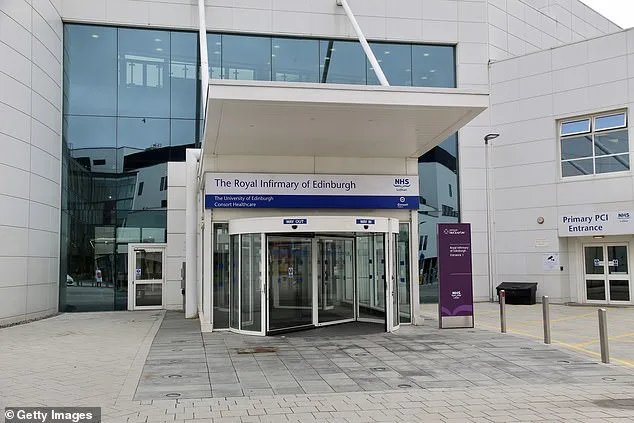
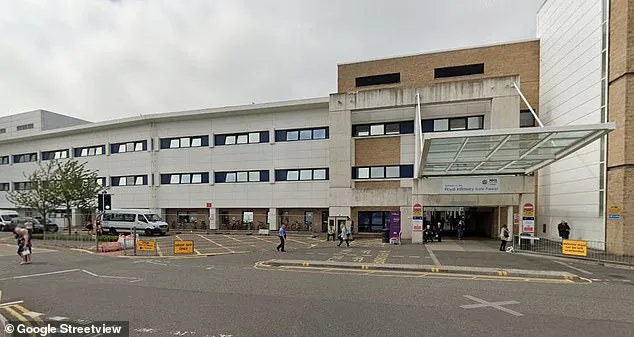
Last winter, NHS Lothian was one of many health boards hit by the winter crisis. It asked families to provide care to relatives as an interim measure to relieve bed blocking.
Conservative MSP Sue Webber said: ‘Eyebrows are bound to be raised by this recommendation. With Scotland’s NHS stretched beyond breaking point under the SNP, the public will rightly question why NHS Lothian are expending scarce resources on this.’
The project comes as Scotland faces record waiting times, with more than a quarter of cancer patients waiting for longer than the two-month target to begin treatment.
Calum Campbell, chief executive of NHS Lothian, said ‘Tackling racism helps us reduce health inequalities and improve outcomes for our diverse population and ensures a better experience for everyone who works with and for us. This work is vital to delivering this ambition.’
It comes after a Jamaican judge was slammed last month for his ‘silly’ claim that Britain owes almost £19trillion in reparations for its role in the international slave trade, and even that might be an ‘underestimation’.
Patrick Robinson, who sits in International Criminal Court, claimed that countries behind the centuries of atrocities were ‘obliged to pay’ and accused politicians like Rishi Sunak of burying their heads in the sand.
He spoke after an academic report in June alleged that 31 former slaveholding states – which also include the United States and Spain – owed $100trillion – $131trillion between them.
But the astonishing sum has raised eyebrows at the maths involved and where those behind the push for compensation expect the cash to come from.
Tory former minister Jacob Rees-Mogg said: ‘It is simply silly. We owe nothing and civilised the world by ending the slave trade.’
Speaking to Guardian, Mr Robinson did not rule out former colonial states trying to take legal action, but suggested a diplomatic solution was more likely.
‘These calculations are not over a period of five years or 10 years. They cover the entire duration of transatlantic chattel slavery, which means they cover hundreds of years,’ the judge, who presided over the trial of Serbian war criminal Slobodan Milosevic, said.
‘What is more, reparations have never been paid. So the calculations begin from day one of transatlantic chattel slavery, that is hundreds of years; and that alone explains the high figures.’
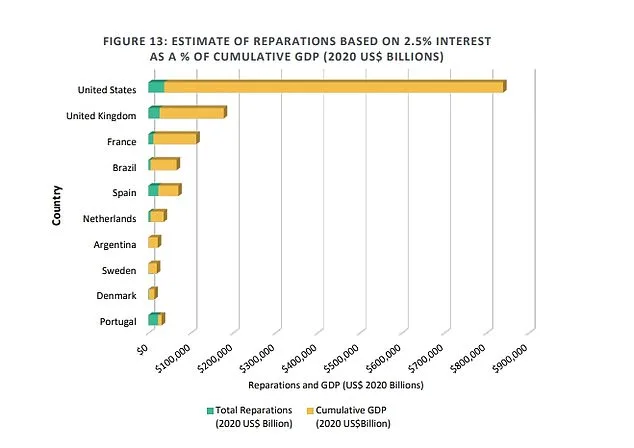
On a visit to London for Unesco’s Day for Remembering the Transatlantic Slave Trade and Abolition, he also told the BBC the figures ‘accurately reflect the enormity of the damage caused by slavery’.
He added: ‘It amazes me that countries could think, in this day and age, when the consequences of that practice are clear for everyone to see, that they can bury their heads in the sand, and it doesn’t concern them. It’s as though they are in a kind of la la land.’
Earlier this year The Guardian apologised for its founders’ links to the slave trade and announced it would pay £10million in reparations.
The newspaper, originally called the Manchester Guardian, was founded in 1821 by John Edward Taylor (1791 – 1844), a cotton merchant whose father had also worked in the textile industry.
This year’s announcement came almost three years after The Scott Trust commissioned an independent investigation into any historical connection between slavery and Taylor and the other Manchester businessman who funded his new newspaper.
The Scott Trust Legacies of Enslavement report revealed that Taylor, and at least nine of his 11 backers, had links to slavery, principally through the textile industry.
In April Rishi Sunak warned against efforts to ‘unpick our history’ as he dismissed a Labour MP’s demand for Britain to pay reparations over slavery and colonialism.
Bell Ribeiro-Addy called on the Prime Minister to ‘offer a full and meaningful apology’ and commit to ‘reparatory justice’ for the country’s actions in past centuries.
The Streatham MP noted how Britain took out a huge loan in the 19th century -estimated to be the equivalent of £400billion in modern times – to compensate slave owners when slavery was abolished.
But the Labour backbenchers said no money had been provided to those who were enslaved.
Mr Sunak batted away Ms Ribeiro-Addy’s request during Prime Minister’s Questions this afternoon.
He said his Government would instead be focussed on ‘making sure we have a society which is inclusive and tolerant of people from all backgrounds’.


